Congratulations on your journey into parenthood! As a parent, you're likely eager to understand and encourage every aspect of your toddler's development. One crucial milestone that often brings joy and amazement to parents is the onset of pretend play.
In this blog post, we'll explore the concept of pretend play, when it typically begins in toddlers, the different stages it goes through, and why it's so important for your little one's development.
Understanding the Concept of Pretend Play
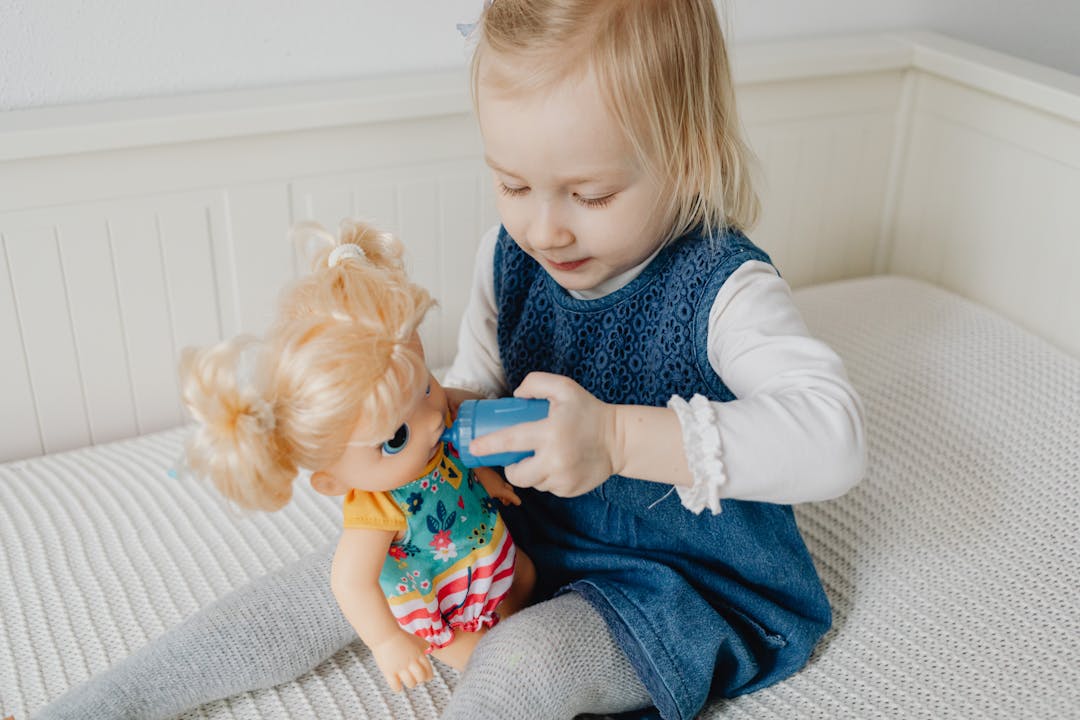
Pretend play, also known as symbolic or imaginative play, is a vital aspect of a child's cognitive and emotional development. It involves activities where children use their imagination to create scenarios, take on roles, and interact with objects as if they were something else. Understanding this form of play is key to appreciating your toddler's growing cognitive abilities.
Read more: The 5 Stages of Symbolic Play for Toddlers Explained
The Onset of Pretend Play in Toddlers
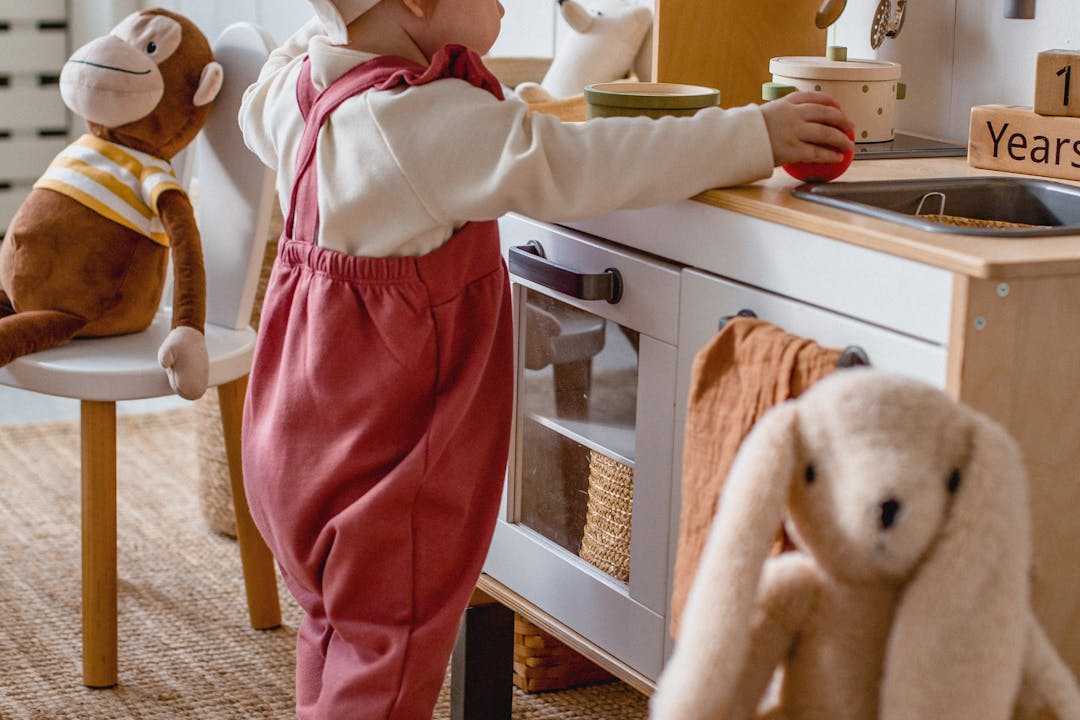
Around the age of 18 to 24 months, toddlers often start engaging in simple pretend play activities. This stage is marked by activities like pretending to talk on the phone, feeding a stuffed animal, or imitating daily routines. It's a fascinating time as your child begins to grasp the concept of symbols and starts using everyday objects in new and imaginative ways.
The Different Stages of Pretend Play
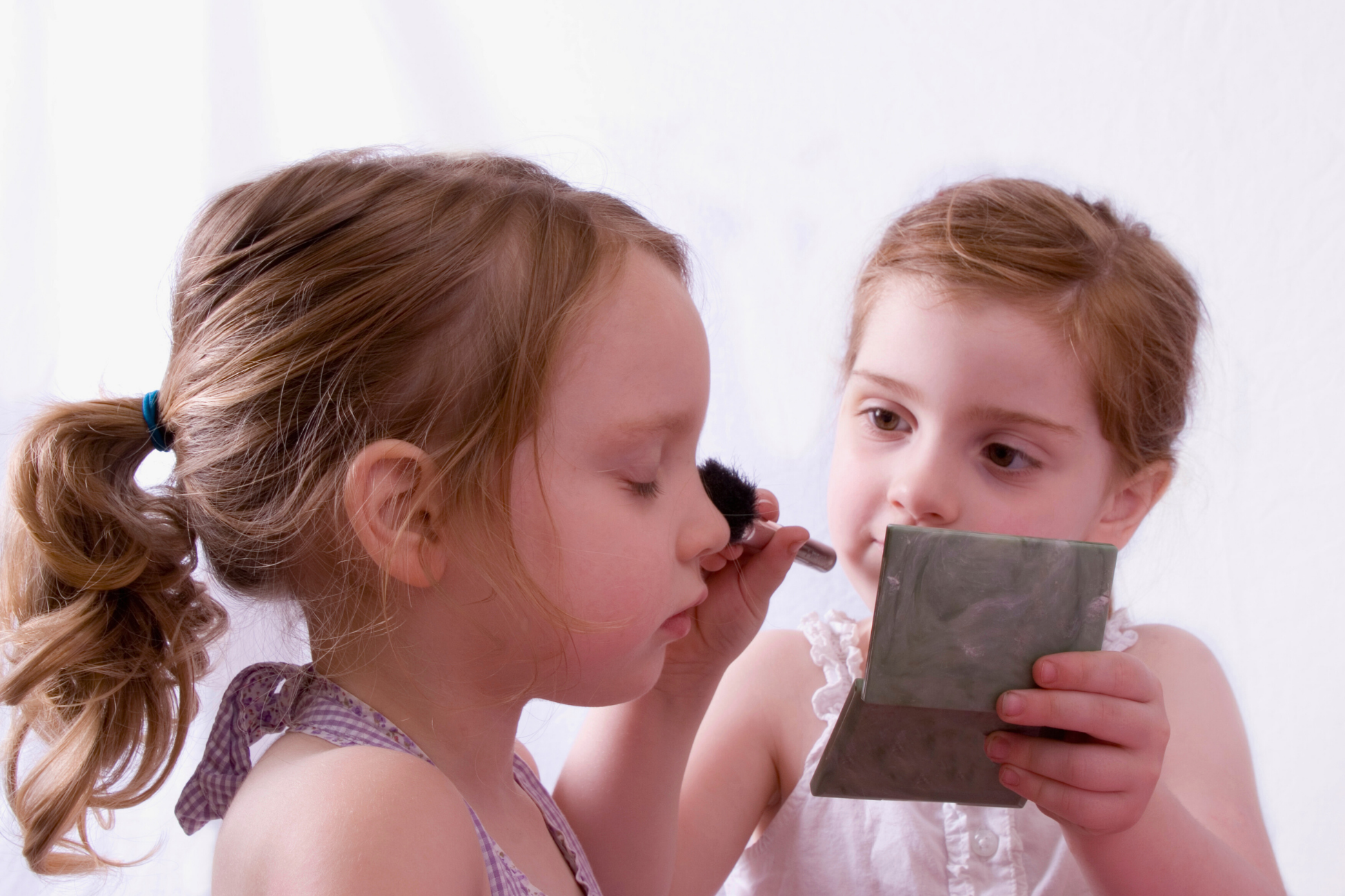
Pretend play in toddlers evolves through various stages. From basic actions like feeding a doll, it progresses to more complex scenarios where children create elaborate narratives and take on multiple roles. Each stage contributes to the development of creativity, problem-solving skills, and social understanding.
The Importance of Pretend Play in Toddler Development
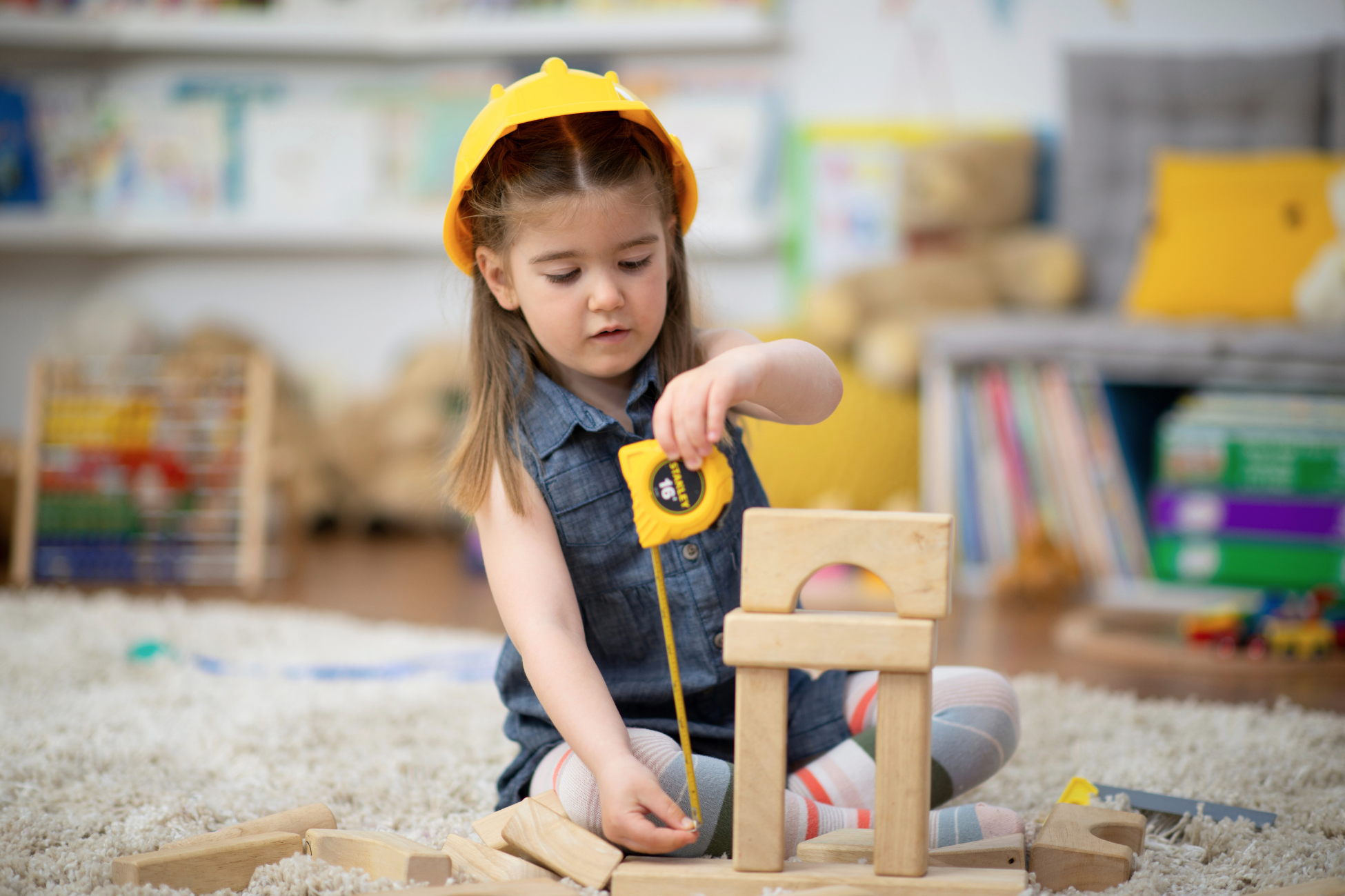 Engaging in pretend play is not just about having fun; it plays a crucial role in your toddler's overall development. Pretend play fosters creativity, enhances language skills, improves social interaction, and helps children understand and manage their emotions. It sets the foundation for more complex cognitive functions in later years.
Engaging in pretend play is not just about having fun; it plays a crucial role in your toddler's overall development. Pretend play fosters creativity, enhances language skills, improves social interaction, and helps children understand and manage their emotions. It sets the foundation for more complex cognitive functions in later years.
Encouraging Pretend Play in Toddlers with Pixsee Play and Pixsee Friends
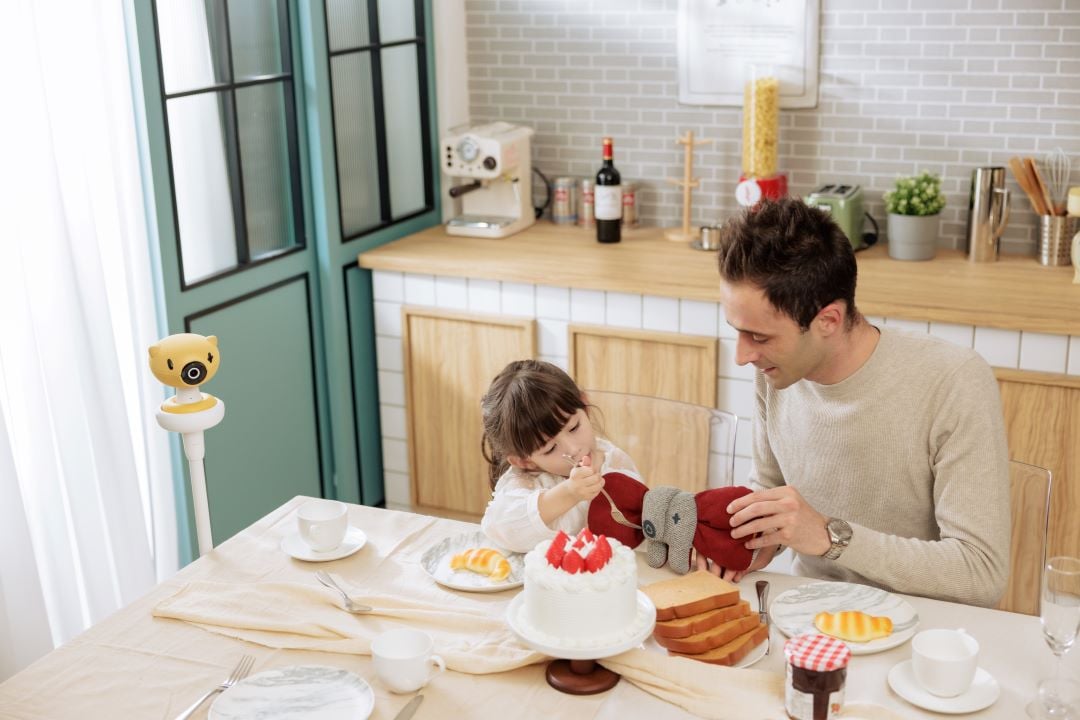
As a parent, you play a pivotal role in encouraging and facilitating your toddler's pretend play. Provide a variety of age-appropriate toys, create a conducive play environment, and actively participate in your child's imaginative adventures. One innovative way to enhance pretend play is by introducing Pixsee Play and Pixsee Friends.
Pixsee Play helps you keep your little one safe and secure while in exploration mode. With its wide-angle lens, you can watch every move in real-time and even communicate with your toddler like you have walkie-talkies! Pixsee Friends, soft toys with unique personalities, promote cognitive and emotional development. They interact with Pixsee Play, playing dedicated music when shown to Pixsee. It's the perfect care-and-play solution for both you and your little one.
In conclusion, understanding the onset and stages of pretend play in toddlers is essential for supporting your child's development. By actively encouraging and participating in their imaginative play, you contribute significantly to their cognitive and emotional growth.
Consider incorporating Pixsee Play and Pixsee Friends into your parenting toolkit to make the most of this precious stage in your child's life. Happy playing!
Visit our Pixsee Shop or Amazon online store to discover how Pixsee can help you.







